In an effort to flatten the curve, Malaysia has been on standby for the last couple of weeks (and we’re due to remain this way for a couple more). Although everyone acknowledges that the MCO is an absolute necessity, there’s no denying that being holed up at home indefinitely has left a lot of people with too much time on their hands.
There’s no doubt that isolation comes with inevitable boredom: So, with nothing to do other than sit, sulk or shag (allegedly), there are a few theories floating around about what post-COVID-19 life is going to look like.
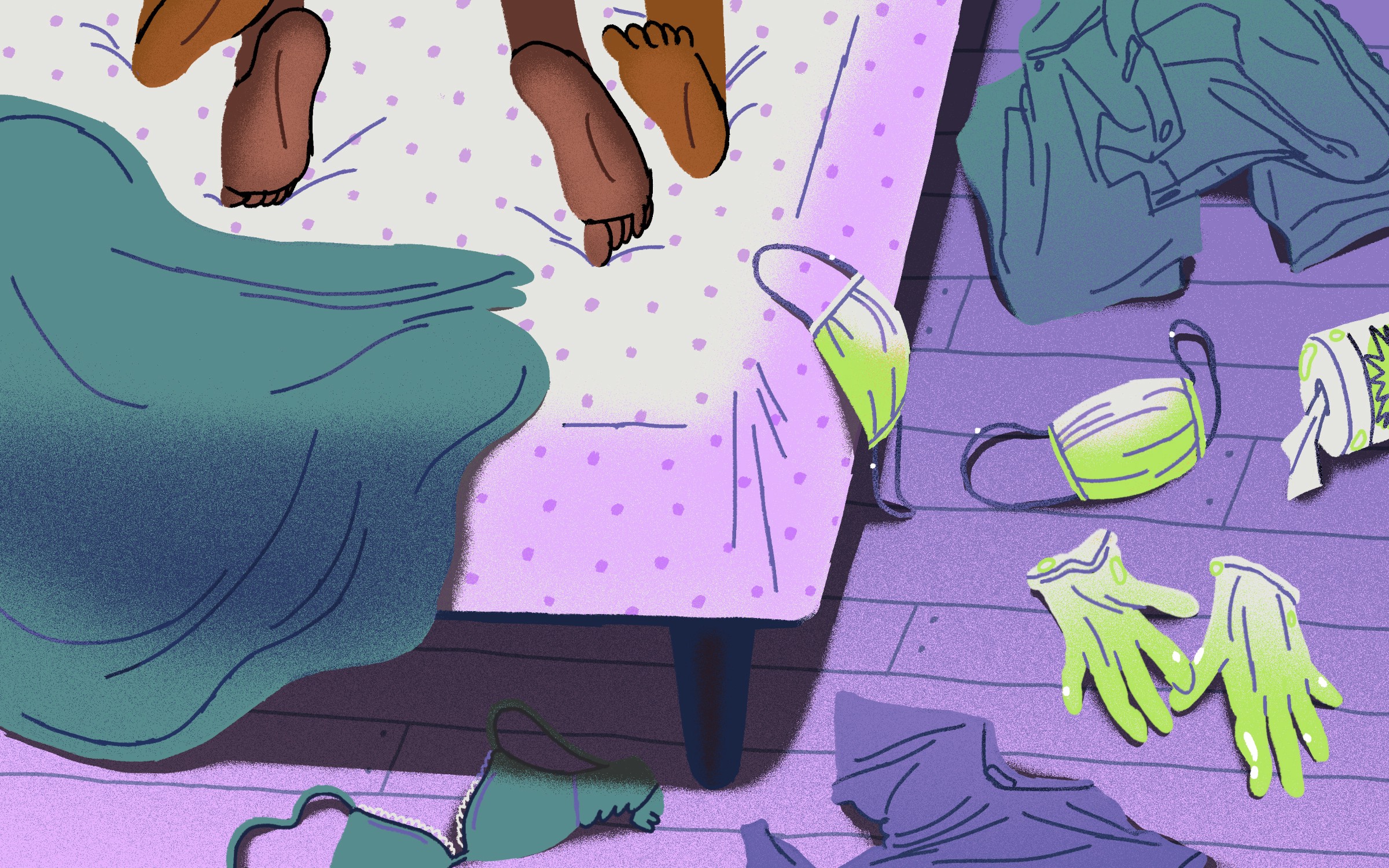
One of the biggest theories on the rise, with regards to the pandemic at the moment, is that we’ll be looking forward to a little baby boom in the months (or, more likely, years) to follow. Even Diane Kruger seems to agree, comically pitching that we call the next generation ‘The Coronials’. There’s no guarantee that it will happen but if it does, this study says it’ll happen in one of two ways.
Either there is a gross increase in total birth rates from pre-pandemic times to post-pandemic times, or there is only a relative increase in births from the pandemic’s peak. The latter is more likely to happen as coital frequency decreases along with birth rate as more people are stressed and sad (the mood’s just not right, you know?). This basically means that the alleged ‘boom’ is just our birth rate catching back up to pre-pandemic numbers. Plus, with the number of couples pulling the plug on their marriage while in quarantine (read: divorce), the odds look like they’re stacked against a genuine baby boom.

However, it’s worth noting that we have seen something similar happen in multiple countries with the Spanish Influenza of 1918, where there was a decrease in babies born from 1914-1919, and a subsequent boom in 1920. Not to mention, every major historical event that has occurred has forged new generations. For instance: Baby Boomers followed the Vietnam War, Millennials followed the Information Age at the turn of the millennium and Gen-Z came about after the tragedy of 9/11.
Essentially, it seems fair to say that a coronavirus baby boom isn’t completely out of the question. That said, whether or not we’re looking at one in the near future isn’t so pertinent—what we need to be asking instead is: Is it a good idea?
What’s wrong with a pandemic baby boom?
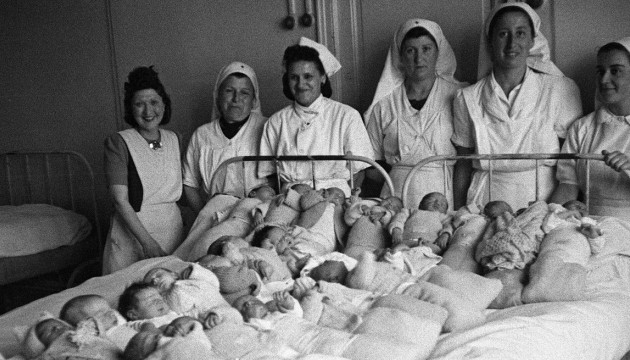
Firstly, if you’re thinking of possibly conceiving at a time like this: consider…not doing that. The pandemic is predicted to last until the second quarter of 2021 and there is an increasing slew of arguments against getting pregnant right now.
Firstly, the global economy is massively suffering as a result of the pandemic. According to the Financial Times, we are set for a ‘historic contraction’—possibly the worst since the Great Depression of the 1930s, according to the IMF—that will impede our recovery for years to come. Clearly, this is not the most ideal time to bring life into the world from a purely financial point of view. More and more people are at risk of losing their jobs with the economic collapse happening as a result of the MCO and social distancing. Specifically, Bank Negara Malaysia (BNM) predicts that Malaysia’s unemployment rate will hit 4 per cent this year, exceeding the rates following both the Asian financial crisis of 1998 and the global financial crisis of 2009. It’s plain and simple—unemployment and financial struggles will put an inevitable strain on both parenthood and relationships.
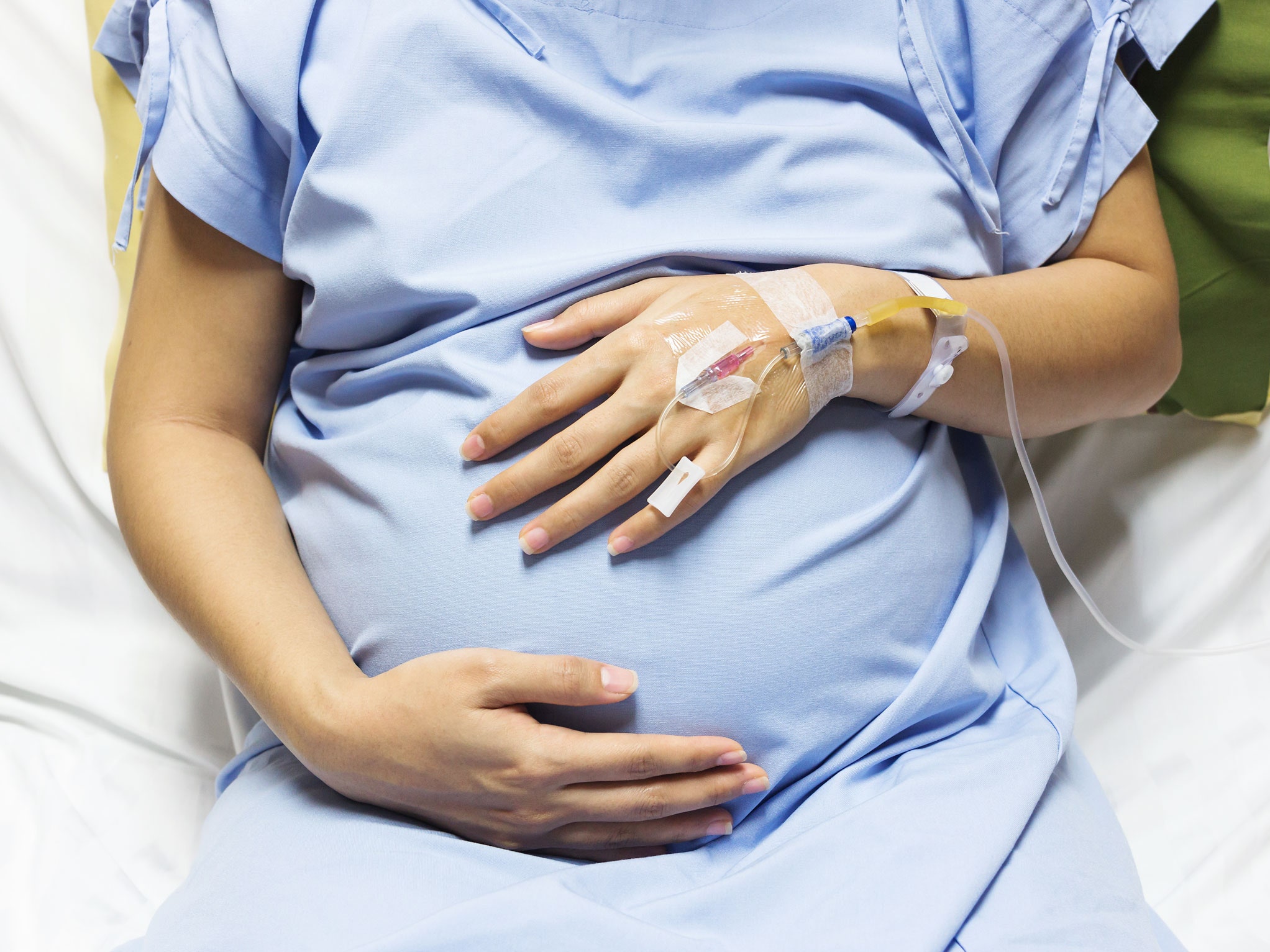
Plus, with the pandemic predicted to last far longer than just nine months from now, healthcare is spread pretty thin. Not to say that you won’t be receiving healthcare if you’re pregnant, just that it will definitely come at a much higher cost. In addition, both these factors may contribute to further stress on expecting mothers: one of the biggest no-nos when it comes to pregnancy. Studies show that prenatal stress has significant adverse effects on pregnancy outcomes and fetal health.
Financial impact and healthcare deficit aside, there is simply too much uncertainty associated with the implications of the virus on pregnancies and newborns. COVID-19 is an ever-emerging situation and new research is surfacing every day, but only time will tell the true effects of the virus on both mother and foetus.
Geez – I wish this article was published before I got knocked up. What now?
Firstly: Congratulations! Secondly, don’t panic—you’re having a baby. Motherhood is a scary (but also amazing) journey on its own, let alone with a pandemic going on in the background. Luckily, despite the pandemic affecting our priorities, most countries are ensuring that steady medical care is available for expectant mothers. That said, it’s a turbulent time, so to keep you in the loop (and your nerves at bay), here’s a summary of what we know so far:
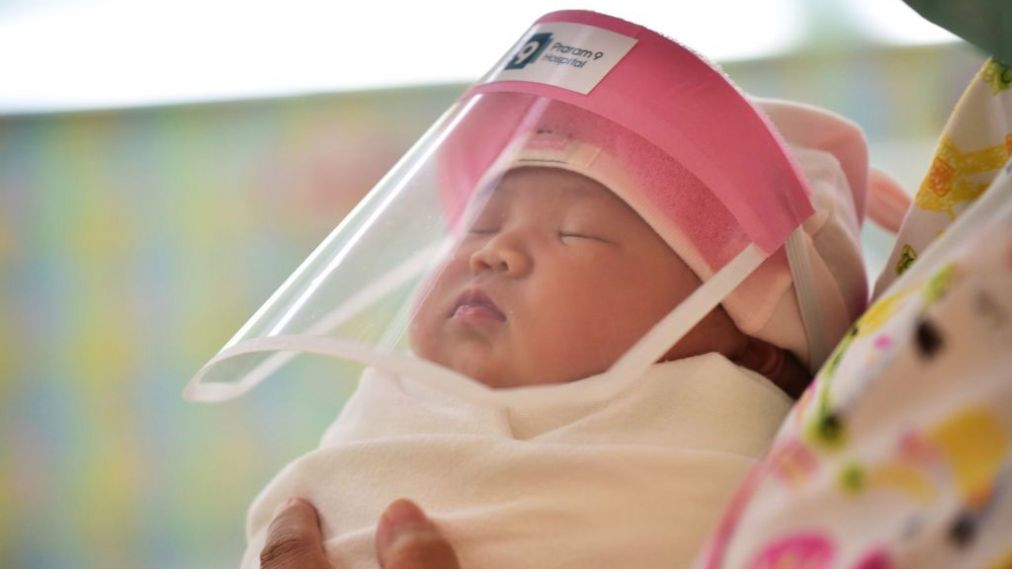
COVID-19 cannot be vertically transmitted
This basically means that a mother cannot infect her child through the birth canal; it was a question worth asking, though, as other viruses such as HIV or syphilis do have this capability. In addition, studies show that other viral respiratory diseases similar to COVID-19 such as SARS and MERS concur with this finding.
Plus, in the cases that an infant did test positive for COVID-19, the infections were exclusively perinatal (the baby caught the virus after birth).
If you do catch COVID-19 while pregnant…
…try not to fret. So far, there is no evidence to suggest that COVID-19 has any adverse pregnancy outcomes like miscarriage of second trimester loss. That said, the data on this is scarce so we’ll have to play the waiting game to see whether this remains true.
When the time comes to start pushing, you’ll be put into isolation in extremely sterile conditions to minimise the risk of perinatal COVID-19 transmission as much as possible. No worries on the breastfeeding front either–COVID-19 has not been detected in human milk so far.
Both infants and pregnant women are no more susceptible to COVID-19 than the general population
However, if your child gets infected with COVID-19 just after birth, it can have adverse effects on their respiratory health. This case study reported that newborns infected with the virus showed signs of fetal distress, respiratory distress, premature labour and thrombocytopenia (low platelet count). The study also found that out of the 10 babies born to infected mothers, 5 have been cured, 4 remain in hospital and 1 has died. To tie it all off, it has also been suggested that babies who contract the virus early on in life may have long term complications to their breathing. That said, nothing is 100 per cent conclusive as there is still not enough data to make any solid observations.
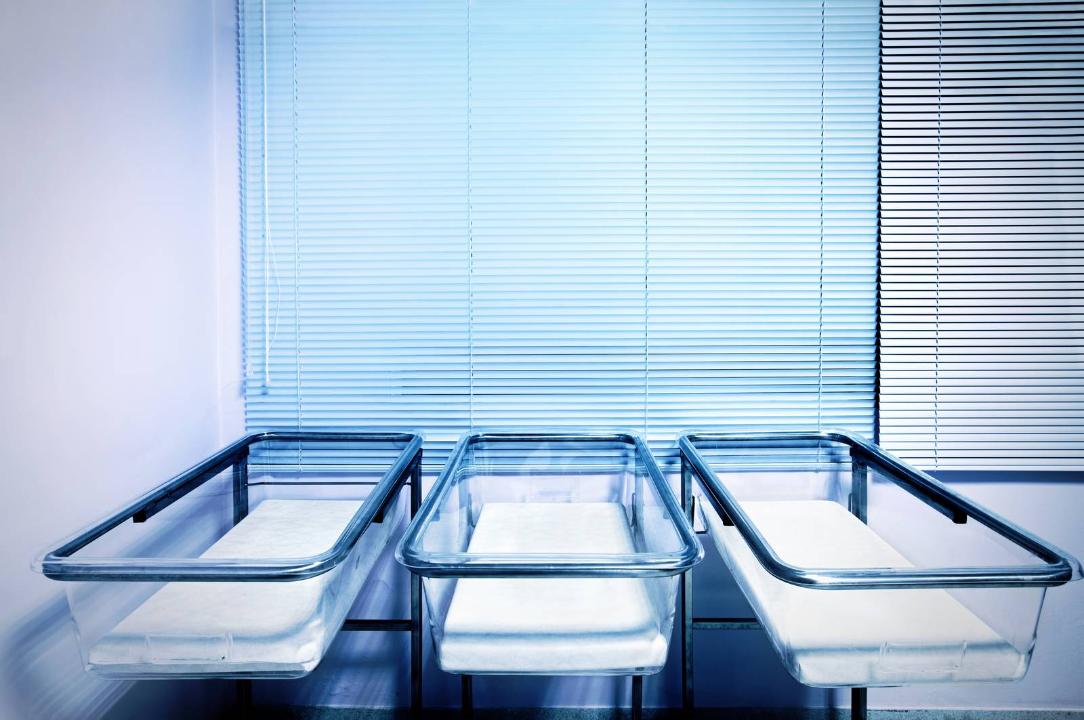
If you are pregnant right now, whether or not you have COVID-19, you should adhere to the MCO and other safety guidelines laid out by our Ministry of Health. Plus, it’s a good idea to keep up to date with the latest research available. Keep up with social distancing and maintain proper nutrition to reduce the risk of you contracting the virus and your pregnancy should (hopefully) be smooth sailing.
We are living through history at the moment—an event that will be recorded in school textbooks to come for future generations to study. We don’t yet know how long the pandemic will last, nor do we even have a solid idea of its long term effects on health, the economy or fertility. However, we do know that if there was any time to try to pump the breaks on getting pregnant, it’s now.
Disclaimer: Do not substitute this article for medical advice. All information in this essay is accurate to the knowledge of the writer at the time of publishing.
| SHARE THE STORY | |
| Explore More |




